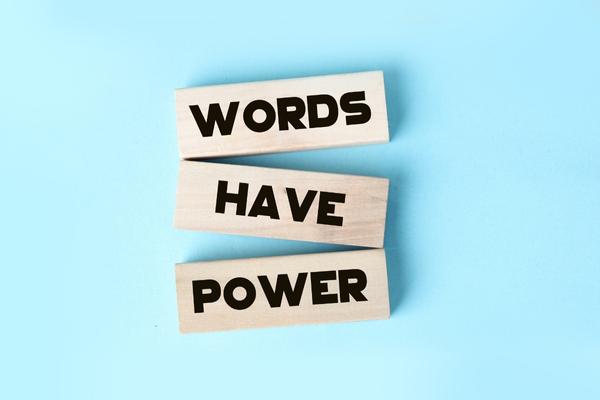
Continuing with my desire to help people use the right words so they sound professional, credible, remarkable, and compelling to the people they want to serve, today I discuss whether to use the word shut or close.
The idea came from seeing a post on a LinkedIn group I belong to:
“I don’t know if this is regional thing or perhaps it is just me, but I hear television announcers telling us that a certain company has ‘shut, with the loss of x number of jobs.’ I always thought that you ‘shut a door or a window’ and a ‘company would close down.’”
Close has four entries in my dictionary. The listing that matters here is the first entry, of which there are 18 definitions. Several deal with the conclusion or bring it to an end; one says “often used with down.”
Shut has two entries, the first of which has eight definitions. Three of these use close as part of the definition. Two others deal with conclusion, cessation, or suspension. Both of these have the note, “often used with down.”
I, too, don’t know if it’s a regional thing, but either word works in this example. A company can close, with the loss of x numbered jobs, as well as shut (often used with down.) You also can close or shut a door or window.
The LinkedIn discussion went off on several tangents: The difference between British and American English regarding “different to” (British) and “different from/than” (American) and then the difference between “gone missing” and “went missing.”
But somewhere among the various diatribes bemoaning the end of civilization as we know it came this from Alison Mahnken: ” ‘Close’ and ‘shut’ (often with ‘down’) are equally acceptable, per esteemed M.-Webster (and definitive resource in American writing/journalism).”
For writing help or to work with a professional ghostwriter in Los Angeles, contact Lee today!
Let's Start A New Project Together
Contact me and we can explore how a ghostwriter or editor can benefit you.
